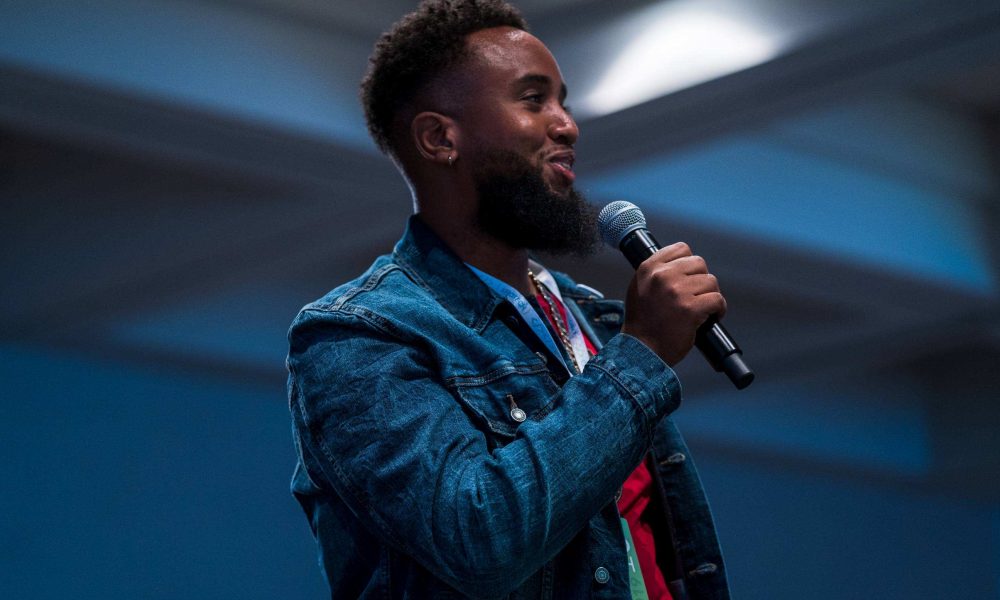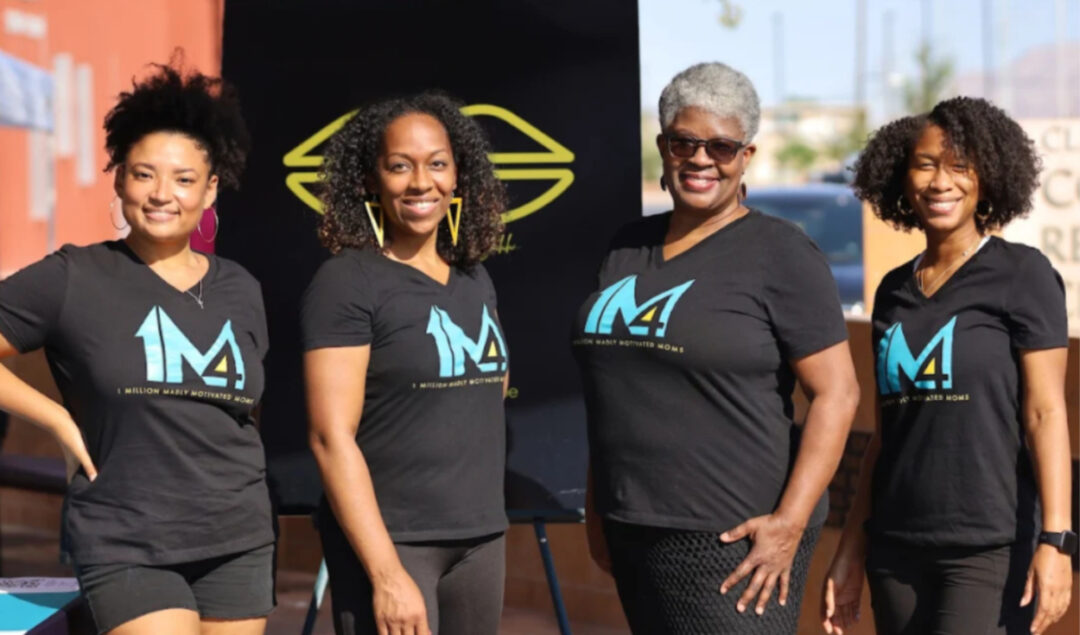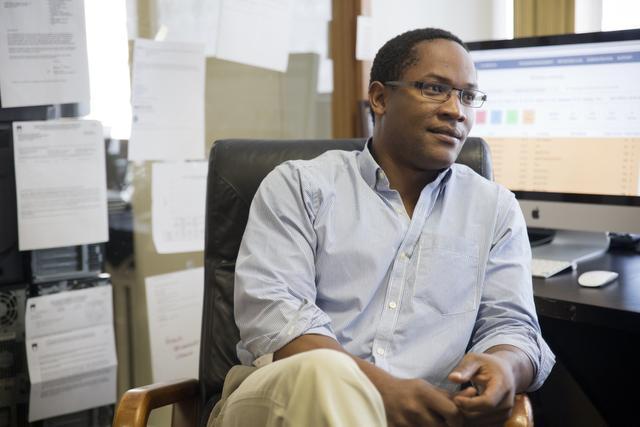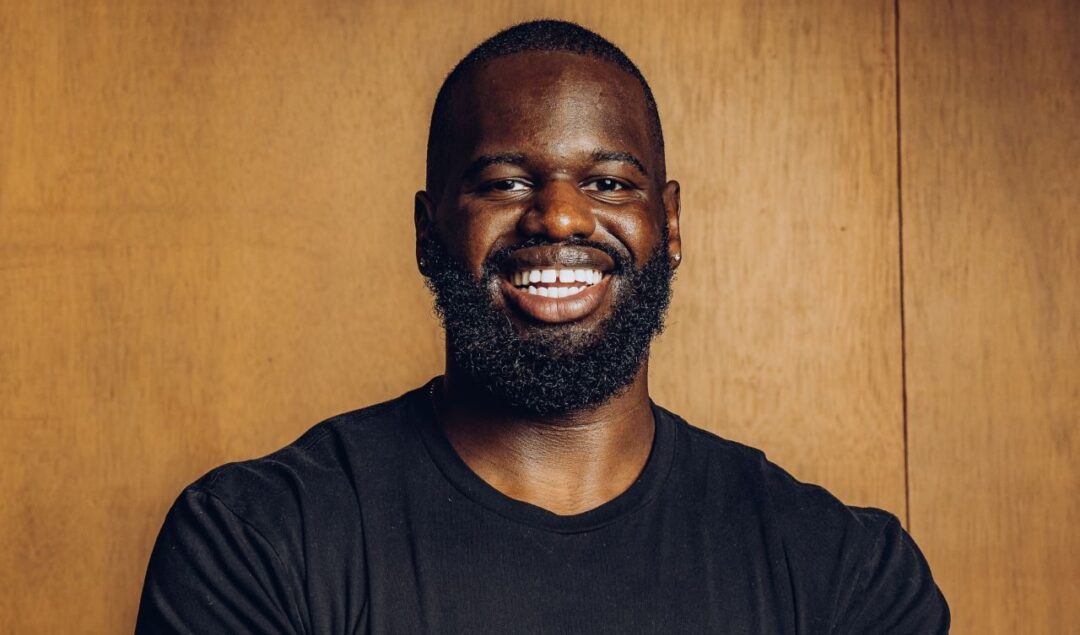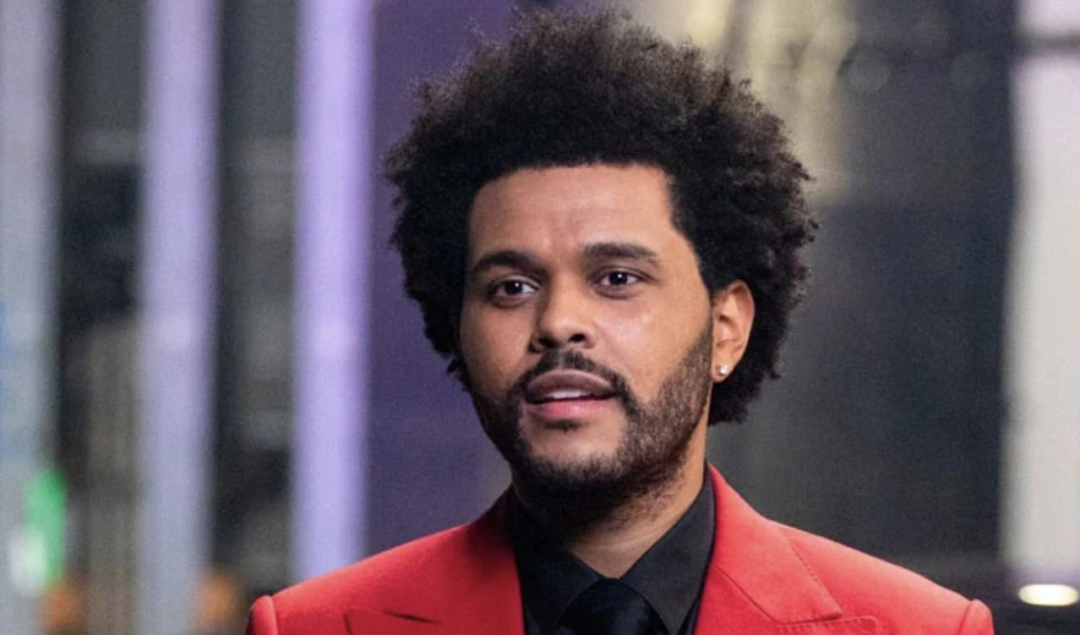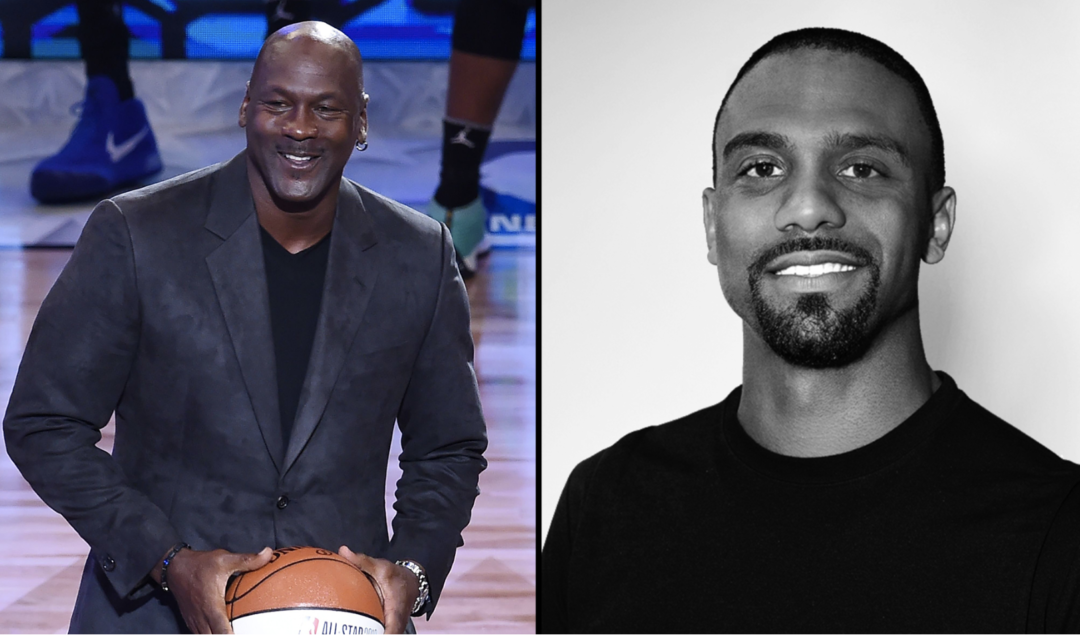After shooting his music video “House I Built in the metaverse, Snoop Dogg has decided to explore a series of new ventures. According to a tweet by trademark attorney Michael Kondoudis, Snoop Dogg, real name Calvin Broadus, applied for new trademarks for his new digital cannabis project. The musician filed a claim under the brand names “UNCLE SNOOP” and “UNCLE SNOOP’s.” The virtual business will provide various products, including virtual clothing, headwear, footwear, energy drinks, and pre-rolled hemp cigarettes. Users can also purchase virtual cannabis and downloadable cannabis products authenticated
As cryptocurrency adoption gains steam on the African continent, it will be important for potential investors—and ultimately, regulators—to learn from the scams that have come before. Some high-profile examples of these scams include; back in 2019, Uganda’s Dunamiscoin Resources closed suddenly with $2.7 million in investor money. Dunamiscoin Resources had taken money from more than 4,000 people, promising them returns of 30% returns in 21 days by investing it in bitcoin. The returns never came. Kenya Another is Velox 10 Global, a pyramid scheme with roots in Brazil, in which Kenyans lost
Justin Samuels, the CEO of Render Atlanta and qualified engineer, is on a mission to build on that influence by making Atlanta a true power player in the world of technology, essentially blending software engineering with culture. What does his company Render Atlanta do? It’s a software engineering experience; where tech meets culture, inclusion, and accessibility. RenderATL is a four-day software engineering conference & music festival featuring your next career opportunity with 50+ expert speakers in tech covering upcoming and current best software engineering practices, web3, engineering leadership, accessibility practices, and more.
ANJEL Tech, a Black-owned cloud-based application that turns any smartphone into your personal body cam, has announced a historic partnership with 1 Million Madly Motivated Moms (1M4), an organization led by African American moms to address police brutality through legal action and legislative policy education. We previously interviewed the founder of ANJEL Tech, who told POCIT that he’d struggled to get attention from mainstream reporters and investors when it came to his app. The app in question has been described as an initiative that “could help protect minorities.” When activated, the
This month, the city will be opening the Atlanta Blockchain Center (ABC) – its first blockchain startup incubator. Opening in Buckhead, the headquarters — founded by serial tech entrepreneur Marlon Williams — will welcome anyone interested in learning more about blockchain technology. The center is looking to bring together the growing Blockchain-related community and put Atlanta on the map for the development of crypto, Blockchain, and Web3.0 technologies. Fully funded and operated by Starter Labs, ABC is set to feature a coworking space and training center, according to the press release.
Jack Dorsey, the former CEO and co-founder of Twitter Inc and the founder of Block Inc, has teamed up with rapper Jay-Z to launch and self-fund The Bitcoin Academy. The 12-week program will take place in Brooklyn for Marcy House residents with the aim to provide the community with all the necessary tools to gain financial independence, inclusion, and literacy in the childhood place of Jay-Z. It will consist of a series of online and in-person classes focusing on Bitcoin, and the classes will take place twice per week. Notably, the participants of The
Calaxy, a Black-owned web3 social marketplace, has raised $26 million in strategic funding co-led by Animoca Brands and HBAR Foundation with support from Polygon. This raise follows a $7.5 million seed round in 2021 with investors like Animoca Brands, Red Beard Ventures, ArkStream Capital, NGC Ventures, and Genesis Block Ventures. The seed round also had support from NFL player Ezekiel Elliott, “The Bachelor” Matt James, and former PayPal head of Blockchain Strategy Jonathan Padilla, among others. Calaxy aims to build a new infrastructure that allows content creators, ranging from small influencers to big-time celebrities, to
Snoop Dogg and his son, Cordell Broadusm, have become partners in the world’s first NFT restaurant group. Snoop’s Dr. Bombay’s Sweet Exploration, an immersive retail dessert experience based on his Bored Ape NFT and Dr. Bombay character, will soon open in the Los Angeles area under the Food Fighters Universe (FFU) umbrella. FFU was founded in March by Orange County entrepreneurs Andy Nguyen, Kevin Seo, and Phillip Huynh—the team behind Bored & Hungry, the world’s first NFT-themed restaurant. FFU is a collection of 10,000 unique food fighters on the eth blockchain. Each purchase will fund the world’s
Binance, the world’s largest cryptocurrency exchange, this week announced the news that it is linking up with the Canadian performer, The Weeknd, for his After Hours Til Dawn Tour to provide “an enhanced fan experience.” The so-called ‘experience will reportedly manifest in a number of ways, including via a collaboration with The Weeknd’s creative incubator HXOUSE to produce an exclusive NFT collection and co-branded branded merch. “Binance is all about the community, about people, about inclusion. I was impressed by their focus on users and innovative edge,” said The Weeknd. “It made perfect
Web3 platform, HEIR, co-founded by Michael Jordan and his son Jeffrey Jordan, is set to introduce its first athlete membership NFTs. On the Magic Eden NFT marketplace, NBA player Lonzo Ball will be featured in an NFT collection dubbed “Zo.” HEIR launched its first NFTs in March — a collection called “6 Rings” that paid homage to MJ’s six titles. They sold out the initial 5,005 allotments for 2.3 SOL each, worth roughly $221. How does it work? Rather than simply acquiring digital collectibles of their favorite athletes, HEIR enables fans to gain membership to



